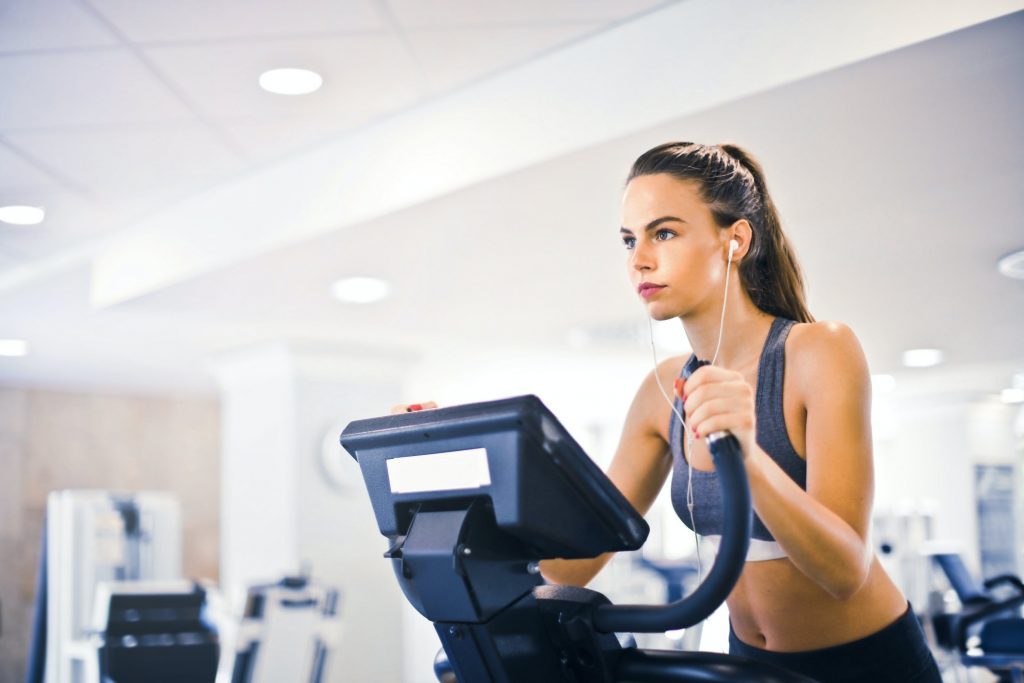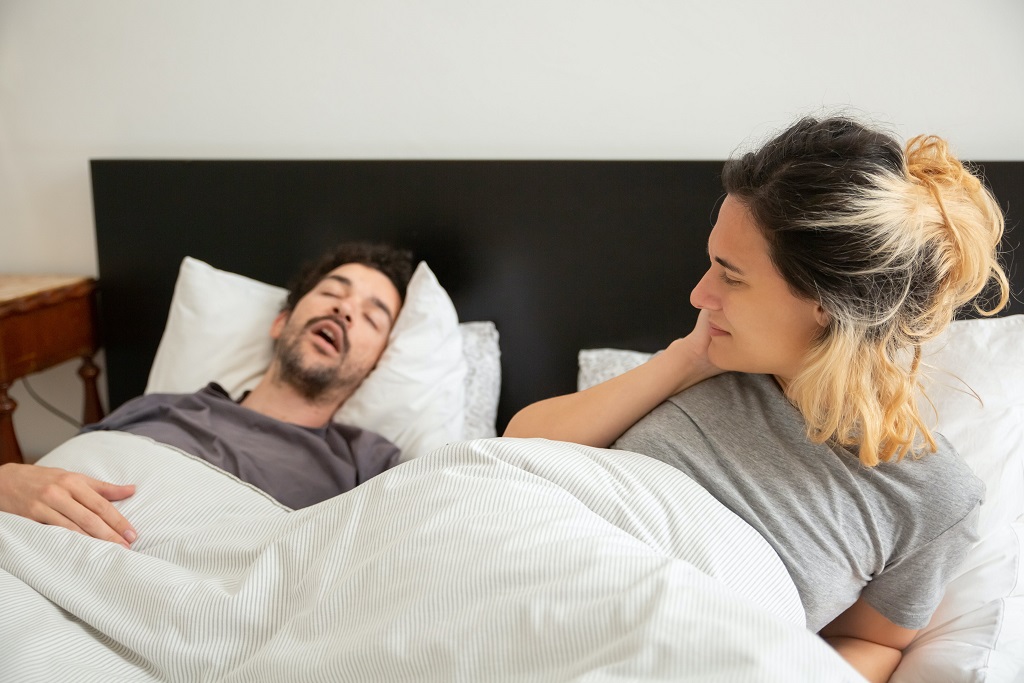- Sleep apnea, prevalent globally, causes breathing disruptions during sleep and can lead to serious health problems.
- CPAP therapy, using machines that maintain open airways, is an effective sleep apnea treatment.
- Weight loss can alleviate sleep apnea symptoms through a balanced diet, regular exercise, adequate sleep, and support.
- Positional therapy and oral appliances like mouth guards can aid in keeping airways open during sleep.
- Lifestyle changes such as quitting smoking, reducing alcohol, and avoiding sedatives can improve sleep apnea symptoms.
Sleep apnea is a common sleep disorder that affects millions of people worldwide. Especially in the busy cities of Japan, Singapore, and the US, it’s estimated that approximately 25% of men and 10% of women suffer from sleep apnea, with symptoms including breathing interruptions during sleep, snoring, and daytime fatigue. Chronic sleep apnea can lead to serious health issues. Fortunately, several remedies can help alleviate the symptoms of sleep apnea, leading to better sleep and improved quality of life.
Use a CPAP machine:
CPAP (Continuous Positive Airway Pressure) therapy is widely regarded as the most effective treatment for sleep apnea. A CPAP machine is a medical device that delivers constant air pressure through a mask to keep the airway open during sleep. CPAP machines are available in a wide range of sizes and styles, making it easier to find one that suits your needs and preferences.
Just make sure to consult your local ENT specialist or pulmonologist to ensure proper fitting and usage of the machine. Depending on your location, you may have access to ENT specialists specializing in sleep disorders. An ENT in Novena, for example, is a highly recommended option for patients in Singapore.
Weight loss:

Losing excess weight can help to reduce the symptoms of sleep apnea. Excess weight can increase the amount of pressure on your airway and cause breathing problems. Shedding some pounds and living a healthy lifestyle can also help to reduce other health problems, such as high blood pressure, that can worsen sleep apnea. As little as a 10% reduction in body weight can have a significant impact on sleep apnea symptoms. Here are some tips to help you lose weight:
Follow a balanced and nutritious diet.
If you’re unsure of how to create a healthy meal plan, consult a registered dietitian who can guide and personalize your dietary needs. They can also help track your progress and provide motivation. You can also find online resources and mobile apps to help you track your calorie intake and monitor your progress.
Incorporate regular exercise into your routine.
Exercising for at least 30 minutes five times a week can greatly help in weight loss. Choose activities you enjoy, such as brisk walking, dancing, or swimming, to make it easier to stick to a routine. As you progress, gradually increase the intensity and duration of your workouts.
Get enough sleep.

Lack of sleep can lead to weight gain and make it harder for you to lose weight. Get at least seven hours of sleep each night to help your body function properly and keep your appetite in check. You can also establish a regular sleep schedule to help regulate your body’s natural sleep-wake cycle.
Seek support and accountability.
Losing weight can be challenging, especially in the long run. It’s important to have a support system to help you stay motivated and accountable. Joining a weight loss group or having a workout partner can make your journey more enjoyable and successful.
Positional therapy:
Sleeping on your back can worsen sleep apnea symptoms, so sleeping on your side may be a good solution. There are various positional therapy devices available in the market. These devices help keep you asleep on your side, even if you toss and turn at night. You can also try placing a pillow behind your back to prevent you from rolling over during sleep. This simple change can significantly improve your sleep quality and reduce the symptoms of sleep apnea.
Mouth guards and oral appliances:
Oral appliances like mouth guards can also help to alleviate the symptoms of sleep apnea. These appliances work by keeping the jaw and tongue in the right position to keep the airway open. Mouth guard devices are generally recommended for people with mild to moderate sleep apnea, while severe cases may require CPAP therapy. Depending on the severity of your condition, you can consult your dentist or sleep specialist to determine the best option for you.
Lifestyle changes:
Making lifestyle changes such as quitting smoking, reducing alcohol intake, and avoiding sedatives can also help to alleviate sleep apnea symptoms. As most people know, smoking and alcohol consumption affect respiratory health significantly. Avoiding these bad habits and adopting a healthy lifestyle can also improve overall health.
Living with sleep apnea can be challenging, but it’s comforting to know that there are many ways to relieve the symptoms and improve your quality of life. Treatments such as CPAP therapy, oral appliances, positional therapy, weight loss, and lifestyle changes can all help to alleviate the symptoms of sleep apnea. Talk to your doctor to find the right remedy that works for you, and you’ll be on the way to getting better sleep and enjoying your days more fully.

